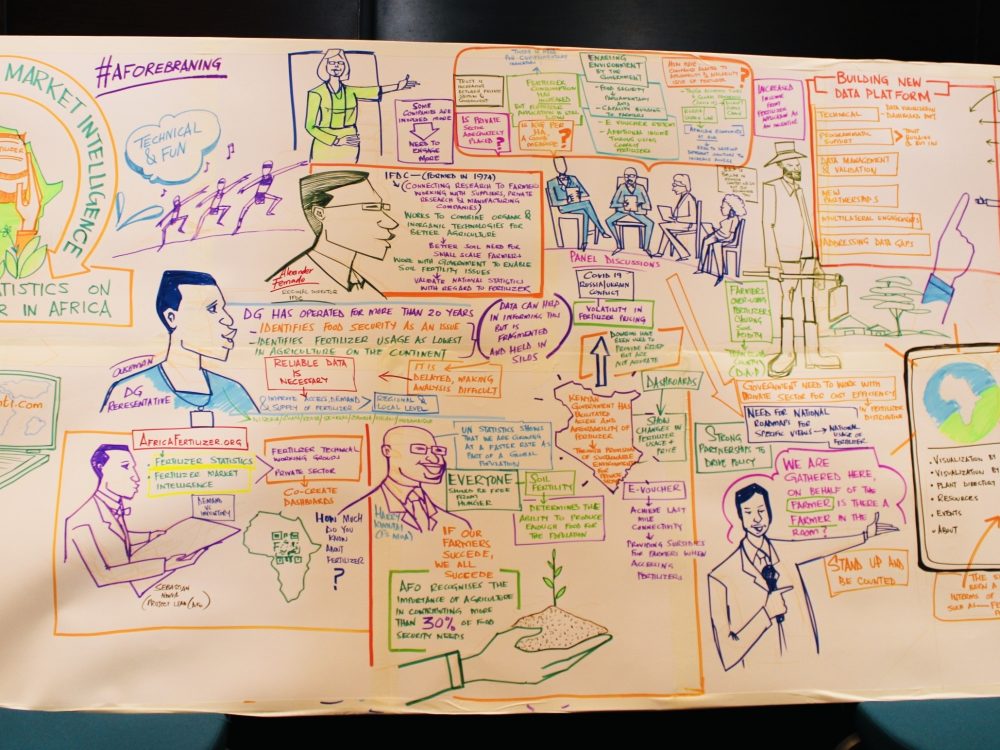Announcing the First Annual AidData Map-Off with USAID
AidData staff is engaging students at the College of William and Mary to put their geocoding and mapping skills to the test accepting USAID Administrator Rajiv Shah’s challenge to “inspire and support the next generation of development leaders,”.
Students will be participating in the first annual AidData Map-Off as a part of AidData’s partnership with USAID through the Higher Education Solutions Network (HESN). Development Gateway is a founding member of AidData and an integral member of the AidData partnership with USAID.
Over the next five weeks, student contestants will develop a research question related to the targeting, coordination, and effectiveness of foreign aid, analyze geocoded aid information to address their research questions, and display their results in a map and accompanying blog post.
Recently, Salim Sawaya, global affairs account manager at Esri, and Ben Arancibia of Development Gateway’s AidData team went to the College of William and Mary to provide comprehensive training for AidData student research assistants and GIS students participating in the Map-Off.
Two of AidData’s College of William & Mary GIS staff, Albert Decatur and Ian Reese, gave a crash course in ArcGIS Online for personal use, a free software that enables the user to create geocoded maps, guidance on developing research questions, and advice on how to use data visualization tools and blog posts to tell the story of international development.
Entries will be judged based on the thoroughness of research, quality of writing, demonstration of mapping skills, and the applicability of the geocoded map to the research question. The blog posts will be posted on the First Tranche starting in mid-April. and the winning blog post will be announced on April 10th, and will be featured on USAID’s Impact Blog
Share This Post
Related from our library

Building a Sustainable Cashew Sector in West Africa Through Data and Collaboration
Cashew-IN project came to an end in August 2024 after four years of working with government agencies, producers, traders, processors, and development partners in the five implementing countries to co-create an online tool aimed to inform, support, promote, and strengthen Africa’s cashew industry. This blog outlines some of the key project highlights, including some of the challenges we faced, lessons learned, success stories, and identified opportunities for a more competitive cashew sector in West Africa.

Digital Transformation for Public Value: Development Gateway’s Insights from Agriculture & Open Contracting
In today’s fast-evolving world, governments and public organizations are under more pressure than ever before to deliver efficient, transparent services that align with public expectations. In this blog, we delve into the key concepts behind digital transformation and how it can enhance public value by promoting transparency, informing policy, and supporting evidence-based decision-making.

From Data Gaps to Impact: Key Insights from the VIFAA Program
Over the last six years, DG, together with its partners AfricaFertilizer (AFO) and Wallace & Associates, collaborated to implement the Visualizing Insights on Fertilizer for African Agriculture (VIFAA) Program. In the program’s final year (2024), the team undertook a “program learning process” to reflect on outcomes, challenges, and successes through internal interviews. This blog captures five key learnings, which we hope will guide similar programs aiming to bridge data gaps in agricultural development.